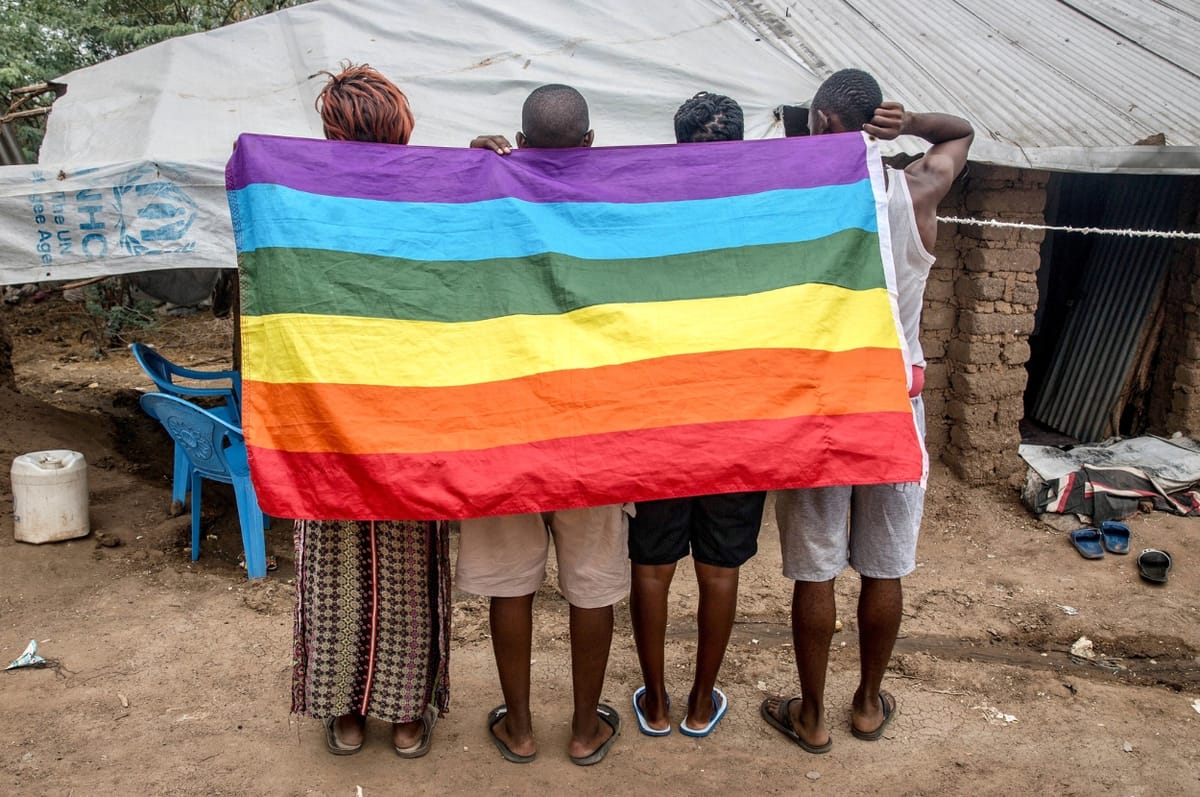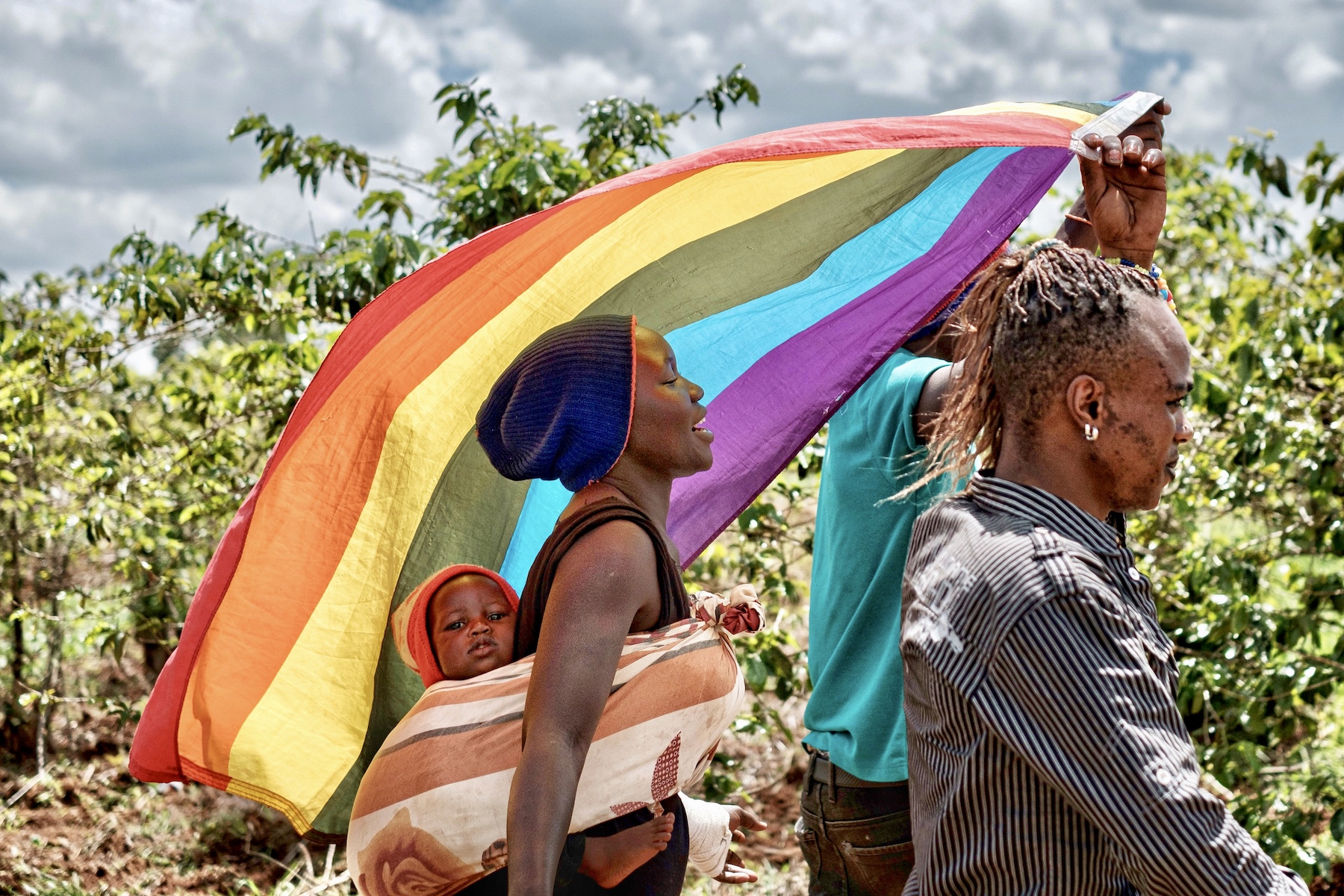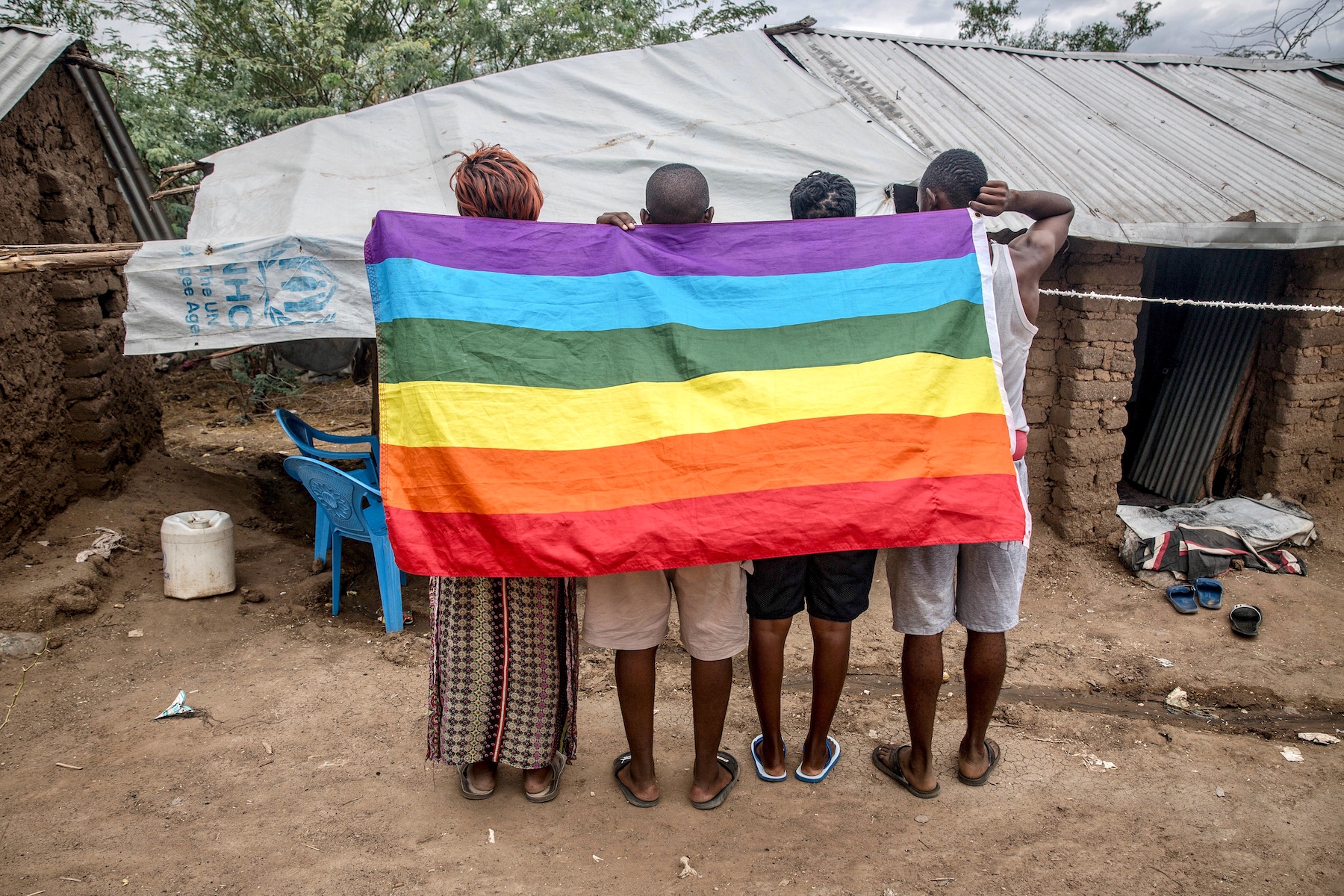Uganda Has Passed A Bill That Makes It A Crime To Be LGBTQ With Life Imprisonment As Punishment
Those who are found guilty of having gay sex could face life imprisonment, while attempting same-sex relations could result in seven years in prison.

On Tuesday Mar. 21, the Ugandan parliament passed a bill, which if approved by the president, will make it a crime for people to identify as LGBTQ.
Homosexuality is already illegal in Uganda, but the law further cracks down on being LGBTQ in the deeply conservative and religious country.
Those who are found guilty of having gay sex could face life imprisonment, while attempting same-sex relations could result in seven years in prison.
People who commit “aggravated homosexuality”, which involves having gay sex while being HIV positive or with people under the age of 18, could face the death penalty.
People under 18 who are found to be LGBTQ could be jailed for three years and have to undergo a period of “rehabilitation,” according to the New York Times.
Under the new anti-LGBTQ legislation, which passed with an overwhelming majority, friends, family and members of the community also have a duty to report people in same-sex relationships to the authorities, according to the BBC.

Organizations that “promote homosexuality” could be fined up to 1 billion Ugandan shillings (US$264,000).
More than 30 African countries, including Uganda, have banned same-sex relations, but Uganda would be the first to criminalize people for identifying as LBGTQ.
The bill will now go to the president, Yoweri Museveni, to be signed into law.

While has not commented on the bill, Museveni has a long history of being anti-LGBTQ, having signed an anti-LGBTQ law in 2014 that was eventually struck down.
The bill has been criticized by human rights organizations and LGBTQ activists.
“One of the most extreme features of this new bill is that it criminalizes people simply for being who they are as well as further infringing on the rights to privacy, and freedoms of expression and association that are already compromised in Uganda,” Human Rights Watch said.





